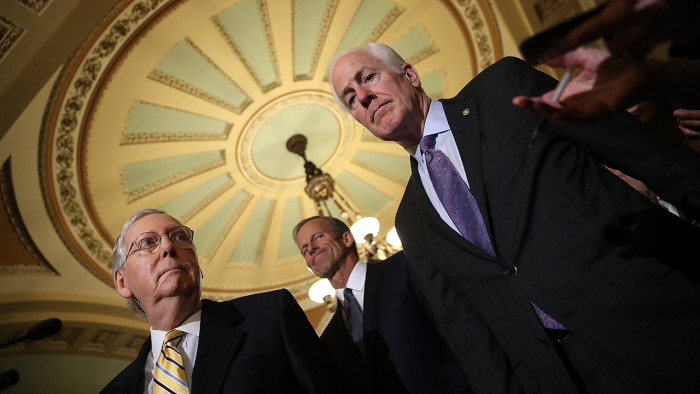By Jillian Jennett
Contributing Writer
Net neutrality has been a pretty hot issue lately, even though most people aren’t entirely sure of what it is. So just what is it?
Officially it is defined as “the principle that Internet service providers should enable access to all content and applications regardless of the source, and without favoring or blocking particular products or websites.”
Up until this point, the internet has been a free market; no one has regulated it or monopolized it the same way everything else seems to be monopolized.
Recently there have been quite a few attempts to essentially monopolize the internet. Why is that such a big deal?
Take Netflix as an example. Let’s say you really need to catch up on “Orange is the New Black.” You pay for your internet like everyone else does.
Well, if the internet provider says that Netflix isn’t paying a certain amount of money, the internet provider will make the service so slow no one can really watch it at all.
That’s not good for Netflix and not good for the people paying for streaming services. Think that sounds a little crazy?
It actually already happened. Netflix paid Comcast a chunk of money for it not to slow down its access. New Netflix members have a small increase on their membership in order to pay for Comcast’s demands.
This week, the FCC voted in favor of “Protecting and Promoting the Open Internet,” a proposed set of rules to protect net neutrality.
The main issue at hand is in the same vein of the Netflix story above; fast lanes and slow lanes for websites depending on how much they’re paying the internet providers.
While the FCC has accepted these proposed set of rules, the fact that net neutrality arguments exist at all in the legal realm is a problem.
While the internet appears to be safe and free from corporate intervention for now, this battle is an ongoing one.




















